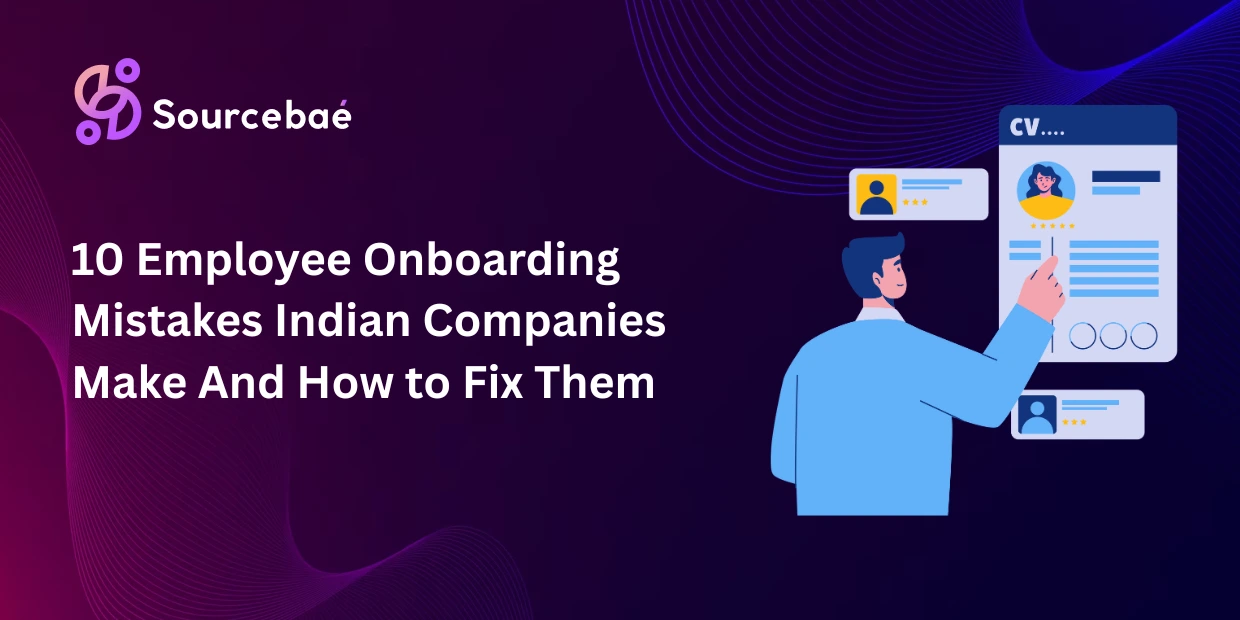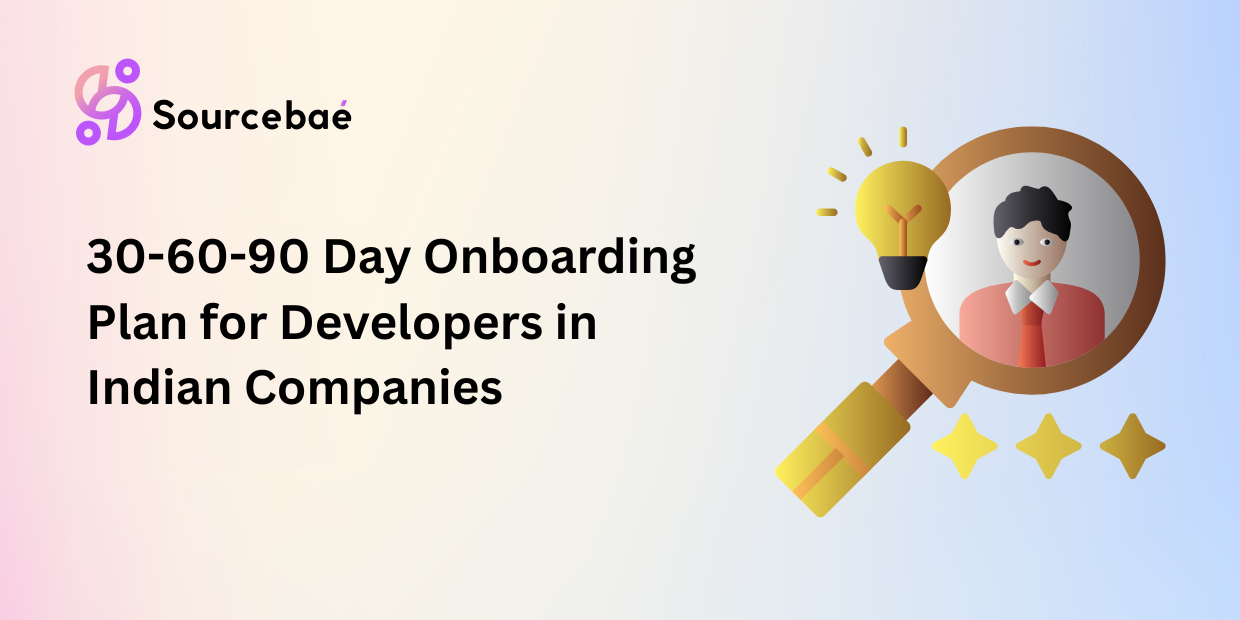In today’s fast-paced world, technology is evolving at an unprecedented rate, revolutionizing the way we live and work.
One of the most significant advancements that have captured the imagination of both job seekers and employers is Artificial Intelligence (AI).
AI is changing the landscape of the job market, giving rise to new roles and transforming existing ones.
In this comprehensive article, we delve into the impact of AI on job creation, explore various industries that have been revolutionized by this technology, and highlight the exciting career opportunities that are emerging.
Let’s dive in and explore the vast possibilities that New Jobs Created with the Help of Artificial Intelligence have to offer.

New Jobs Created with the Help of Artificial Intelligence
Artificial Intelligence has disrupted traditional industries while paving the way for novel career prospects. From developing smart algorithms to building intelligent chatbots, AI has led to the creation of several exciting job roles. Here are some prominent AI-powered job opportunities:
1. Data Scientist: Extracting Insights from Big Data
AI-driven technologies generate vast amounts of data. Data scientists are instrumental in extracting meaningful insights from this data, enabling businesses to make informed decisions. They employ statistical analysis, machine learning algorithms, and predictive modeling to unlock valuable patterns and trends.
2. Machine Learning Engineer: Training AI Systems
Machine Learning Engineers design and develop AI models that improve automatically through experience. These professionals work on training data sets and fine-tuning algorithms to create intelligent systems that can adapt and learn from new information.
3. AI Ethicist: Ensuring Ethical AI Development
As AI continues to grow in influence, ethical considerations become paramount. AI Ethicists play a crucial role in guiding the development and deployment of AI systems in a manner that respects human values and avoids potential biases.
4. Natural Language Processing (NLP) Specialist: Enhancing Human-Computer Interaction
NLP Specialists focus on developing AI systems that can understand and interpret human language. They work on voice recognition, language translation, and sentiment analysis, improving human-computer interaction.
5. Robotics Engineer: Designing and Building AI-powered Robots
Robotics Engineers are involved in creating intelligent robots capable of performing complex tasks. They combine AI algorithms with mechanical engineering to build robots that can revolutionize industries such as manufacturing, healthcare, and logistics.
6. Virtual Reality (VR) Developer: Creating Immersive AI-powered Experiences
VR Developers merge AI with virtual reality to develop interactive and immersive experiences. From gaming to training simulations, their work spans across various sectors, offering exciting applications in entertainment, education, and more.
7. AI Product Manager: Leading AI Product Development
AI Product Managers bridge the gap between technology and business objectives. They are responsible for defining AI product strategies, managing development teams, and ensuring successful product launches.
8. Cybersecurity Analyst: Protecting AI-driven Systems
As AI becomes an integral part of businesses, the need for cybersecurity analysts to safeguard AI-driven systems from potential threats also increases. They are responsible for monitoring and addressing security risks in AI deployments.
9. Autonomous Vehicle Engineer: Building the Future of Transportation
Autonomous Vehicle Engineers work on creating self-driving cars and other autonomous vehicles. They combine AI algorithms with sensor technologies to design safe and efficient transportation solutions.
10. AI Content Creator: Crafting Engaging AI-generated Content
AI Content Creators use language models and natural language generation to create compelling content for marketing, advertising, and storytelling purposes.
AI’s Impact on Various Industries
AI’s transformative power extends across diverse industries, revolutionizing the way they operate and opening up new possibilities. Let’s explore how AI has impacted some major sectors:
11. Healthcare: Enhancing Medical Diagnosis and Treatment
AI has revolutionized the healthcare industry, enabling early disease detection, personalized treatment plans, and drug discovery. It helps doctors analyze vast medical data efficiently, leading to improved patient outcomes.
12. Finance: Optimizing Financial Operations
In the finance sector, AI algorithms analyze market trends, detect fraudulent activities, and provide personalized financial advice. AI-driven chatbots also offer customer support, making financial services more accessible.
13. E-commerce: Improving Customer Experience
AI-powered recommendation systems in e-commerce platforms enhance customer experience by suggesting personalized products, improving customer satisfaction and increasing sales.
14. Education: Customizing Learning Experiences
AI enables personalized learning experiences, identifying individual learning styles and adapting teaching methods accordingly. It also automates administrative tasks, allowing educators to focus on teaching.
15. Manufacturing: Boosting Efficiency and Quality
AI-driven automation streamlines manufacturing processes, reducing errors, and optimizing production. It improves efficiency and quality while enabling predictive maintenance to prevent costly breakdowns.
16. Marketing: Targeted Campaigns and Customer Insights
AI analyzes customer data to deliver targeted marketing campaigns. It also helps businesses gain valuable insights into customer preferences and behavior, enabling better decision-making.
17. Agriculture: Precision Farming and Crop Management
AI-powered drones and sensors revolutionize agriculture by offering precision farming techniques. These technologies monitor crop health, optimize irrigation, and enhance yield.
18. Gaming: Immersive Experiences and Dynamic Gameplay
AI enhances gaming experiences with intelligent non-player characters, adaptive difficulty levels, and realistic simulations, captivating players worldwide.
19. Transportation: Smart Traffic Management
AI optimizes traffic flow and predicts congestion patterns, reducing commute times and enhancing transportation efficiency.
20. Customer Service: Efficient Support with AI Chatbots
AI Chatbots provide instant and efficient customer support, answering queries and resolving issues round-the-clock.
Career Growth in the Age of AI
The increasing adoption of AI technology presents a multitude of career opportunities. As the demand for AI expertise grows, professionals need to stay abreast of the latest trends and continuously upskill. Here are some tips for career growth in the age of AI:
21. Continuous Learning: Embrace Lifelong Learning
Stay curious and invest in continuous learning. Online courses, workshops, and certifications can keep you updated with the latest AI developments.
22. Specialization: Focus on Niche Areas
AI encompasses a wide range of subfields. Consider specializing in a particular niche to become an expert in a sought-after domain.
23. Networking: Connect with AI Professionals
Join AI communities and attend conferences to expand your network. Collaborating with like-minded professionals can open up new career opportunities.
24. Problem-solving Skills: Cultivate Creativity
AI professionals often encounter complex challenges. Cultivate your problem-solving and creative thinking skills to tackle these issues effectively.
25. Adaptability: Embrace Change
The AI landscape evolves rapidly. Be adaptable and embrace change, as new technologies and techniques emerge.
FAQs:
Q: How is AI creating new jobs?
AI’s growth has led to the creation of job roles like Data Scientist, Machine Learning Engineer, AI Ethicist, and AI Content Creator. These roles require expertise in AI development and implementation.
Q: Will AI replace human jobs entirely?
While AI may automate certain tasks, it is more likely to augment human capabilities rather than replacing jobs entirely. Humans will continue to play a vital role in creative and strategic decision-making.
Q: How can I start a career in AI?
To begin a career in AI, gain a strong foundation in programming, data analysis, and machine learning. Pursue relevant courses and projects to build practical experience.
Q: What industries benefit the most from AI?
Industries like healthcare, finance, manufacturing, and e-commerce benefit significantly from AI, streamlining operations and enhancing customer experiences.
Q: What skills are essential for an AI professional?
An AI professional should possess programming skills, data analysis expertise, problem-solving abilities, and domain-specific knowledge in the chosen field.
Q: What are the ethical concerns related to AI?
Ethical concerns in AI include data privacy, algorithmic biases, and the impact of AI on the job market. AI Ethicists play a crucial role in addressing these concerns.
Conclusion:
Artificial Intelligence is redefining the job landscape, creating exciting new opportunities while transforming existing industries. From healthcare to finance, AI’s influence spans across sectors, promising innovative advancements.
As the demand for AI experts surges, individuals seeking to embark on a career in this field must embrace continuous learning and stay adaptable.
The future belongs to those who can harness the power of AI responsibly, ethically, and creatively. So, equip yourself with the necessary skills and knowledge to thrive in the age of AI and embrace the boundless possibilities it has to offer.





